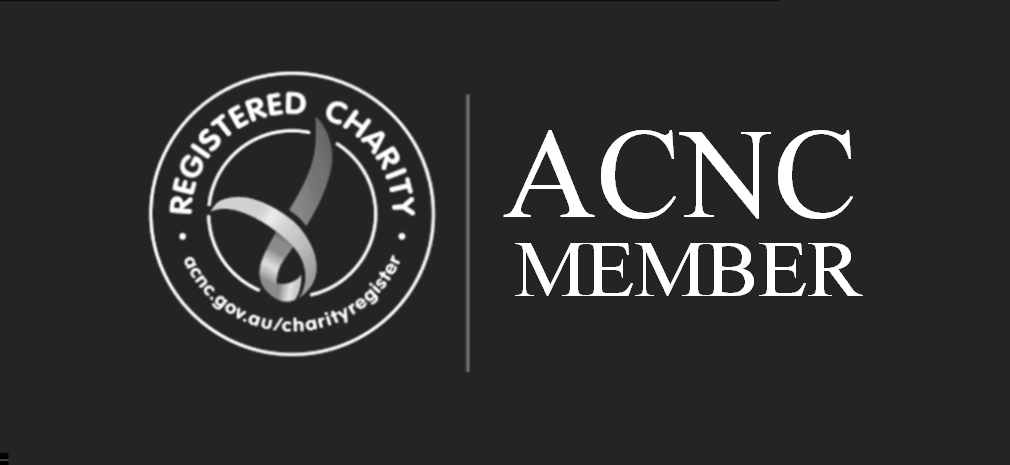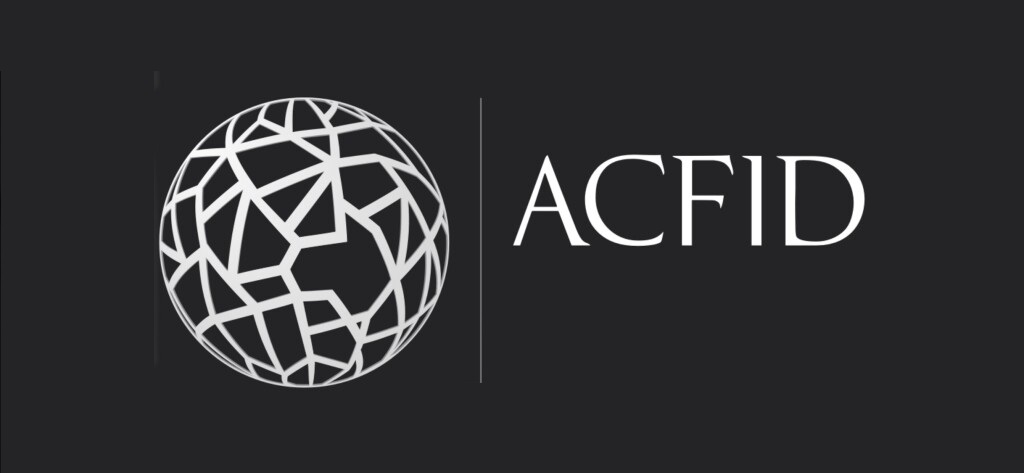Verifier
A documented Code of Conduct that specifies the values and expectations of professional conduct of all staff and volunteers. This must include reference to child safeguarding behaviours, prevention of sexual exploitation and abuse, transactional sex, anti-bullying and sexual harassment; and an obligation on staff and volunteers to report wrongdoing.
Guidance
A Code of Conduct for staff and volunteers needs to be tailored to the values and principles of an organisation.
At the most basic level, Members will have an organisational Code of Conduct that:
- References child safeguarding behaviours as per the Child Safeguarding Code of Conduct (see 1.4.2)
- References organisational expectations around behaviours as outlined in your PSEA policy (see 1.5.1)
- Clearly articulates in what circumstances transactional sex is prohibited. An example could be “I will not engage in any form of transactional sex with primary stakeholders. I understand this to be any form of sexual activity in exchange for goods or services, money, employment or preferential treatment.”
- Outlines and prohibits behaviours that constitute bullying, or references these if they are outlined in your anti-bullying policy (see 9.2.3)
- Outlines and prohibits behaviours that constitute sexual harassment, or references these if they are outlined in your anti-sexual harassment policy (see 9.2.3)
- Requires staff and volunteers to report suspected violations of the organisation’s Code of Conduct.
Other areas addressed within an organisational Code of Conduct could include responsible stewardship of resources, fraud and corruption prevention, occupational health and safety, conflict of interest, privacy, professional relationships, protecting confidential information, record keeping, and intellectual property.



